[toc]
What is Experiential Learning?
Experiential Learning is the process of learning through a direct experience or simply put learning from experience.
This means that learning is accomplished by staging certain scenarios or exercises that delegates get involved in and learn from this experience instead of listening to a trainer or lecturer talking about a subject and imparting knowledge.
How to Deliver Experiential Learning
Experiential Learning focuses more on the learner as it helps them to understand the path that they will need to take to make skills make in their world. It helps them to understand what the skill set actually looks like and then helps them to see how they can tweak then transfer it into their own life or job. It helps them to experience things for themselves and not the experiences of other people.
Experiential learning requires no teaching but heavily depends on the staged scenario being closely aligned to what they do, or has the ability to really raise the learner’s awareness of why the skill is important in that situation.
Learners must be willing to engage themselves in the process otherwise the process won’t work. Learners need to be open-minded to the possibilities of how the actual skills and approaches could work.
It’s a highly effective way of learning and it engages the learner at a personal level into the subject, raising their awareness of what they need to do to make the skills work in their world.
The Benefits of Experiential Learning
Learning that is fun and enjoyable creating laugher and showing respect for the learner’s abilities fosters a productive learning environment. Experiential Learning should be truly enjoyable. When this environment is created and experiential learning is used, learners tend to remember more. As Confucius said, “tell me and I will forget, show me and I may remember, involve me and I will understand”.
This only part of it though. In order for experiential learning to be successful, it needs to facilitated effectively. It needs someone who can draw out the key learning points from the individuals, encourage the process of sharing ideas with others and putting in place action plans that learners will take away and actually put into practice. It needs to be done in such a way that guides individuals to their own conclusions and not being told what they should do.



